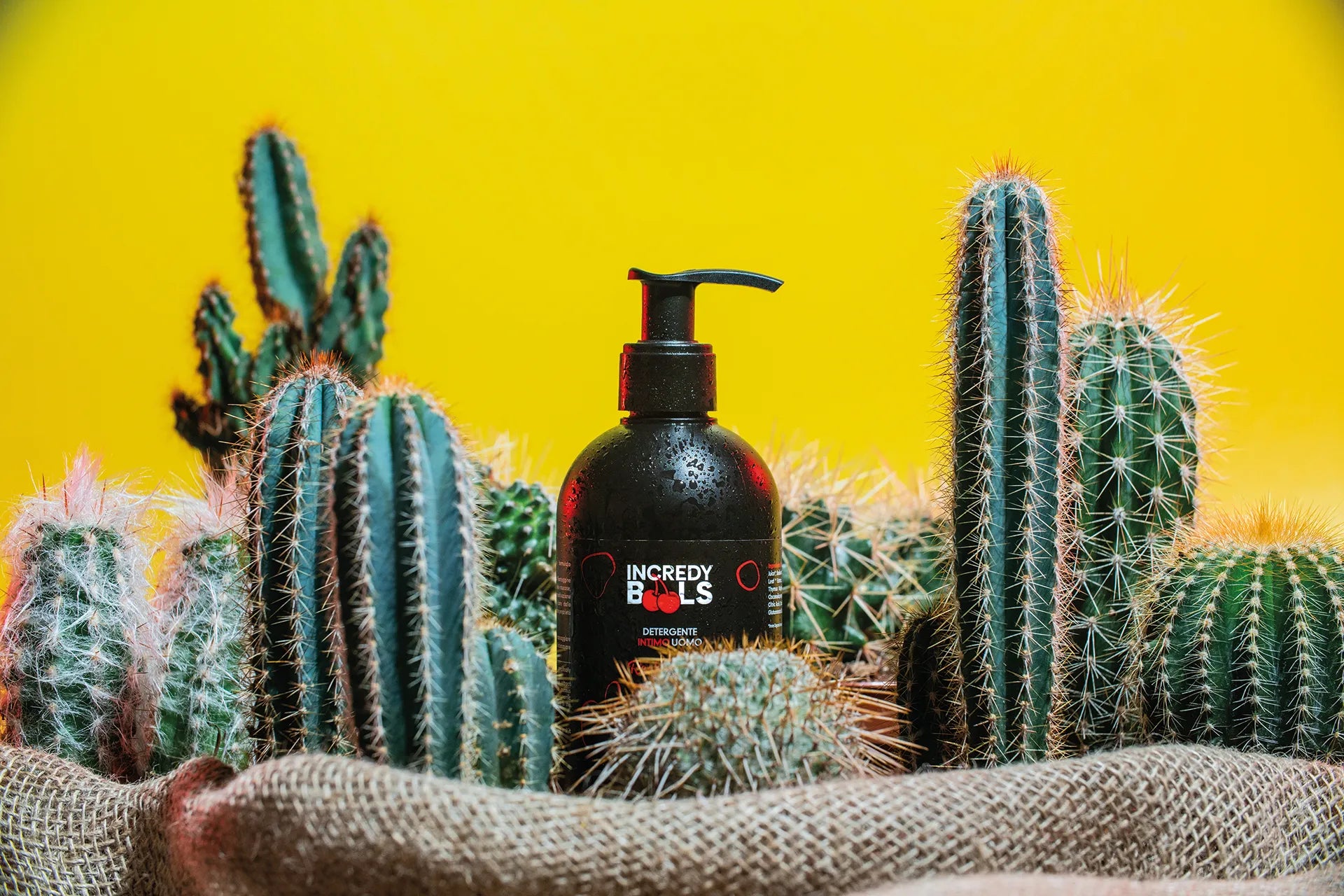The issues that revolve around intimate hygiene are still little known. If there is little talk about women's intimate hygiene, there is even less talk about men's intimate hygiene.
Some scientific research at a national level highlights how over 60% of men neglect the importance of intimate hygiene and care of their genital system.
The cause of this neglect comes first of all from a lack of information on the subject , also due to the stigma and taboo that surround the intimate sphere, and from the tendency of men to take less care of themselves compared to the attention typically given by women.
Men are, in general, less accustomed to using personal care products and tend to prefer what is more easily at hand; consequently , they can fall into the error of using their partner's products or irritating shower gels or soaps.
However, this involves some risks: the use of products that are not suitable for the purpose could alter the normal oily substances of the body and cause redness, burning and, in the most serious cases, lead to infections . Those who are not inclined to wash since childhood develop a higher risk of contracting bacterial, fungal and viral infections. On the other hand, abusing cleanliness can be equally harmful , since the risk is that of developing pathologies caused by excessive cleansing .
Improper intimate hygiene can also be an obstacle to intimacy with your partner: it is no coincidence that correct and constant intimate hygiene practice is correlated with better sexuality.
Using the right cleanser in the right way is what makes the difference : it is essential not to use shower gel, but to use an antifungal, skin-purifying and anti-odor product, without parabens or allergenic substances and that respects the natural pH of the skin .
Some advices
- Wash your genitals twice a day, morning and evening and after sexual intercourse;
- Avoid perfumes and prefer cotton clothes;
- Clean the area carefully and dry yourself thoroughly when you go to the bathroom;
- Use a personal towel;
- Take the cleanser into the shower, avoiding using shower gel, which could be too aggressive;
- Make sure your partner, a possible vehicle of transmission, also has good personal hygiene.
Remember that intimate cleansing is a reflection of the care you take of yourself and your body , as well as a form of respect for your partner and a fundamental prevention tool .
It's not just a question of personal hygiene...
Personal hygiene is an essential practice for a good relationship with oneself, with others and with the surrounding environment, on a health, psychological and prevention level.
Minimizing this point of view is a mistake that can lead to even harmful consequences.
Here, personal hygiene, especially intimate, oral, foot, and hand hygiene, as well as proper hygiene of the clothes you wear and your home, take on a central role in your health and the overall image you offer of yourself.

Dr. Giulia Burigo
Psychologist and Psychotherapist
If you want to ask questions to Dr. Giulia Burigo write to dottrinagiuliaburigo@incredy.it




Share:
A special collaboration...
Incredy is sponsor of the SURPRISE PADEL PARTY